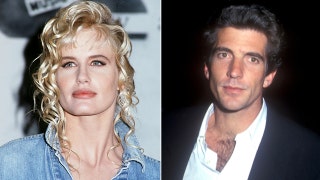AI expert on the danger of artificial intelligence to commerce and potential federal legislation
AI expert Marva Bailer tells Fox News Digital how the availability of artificial intelligence can have negative impacts and talks about potential federal legislation to control it.
Director James Hawes, who has worked with stars like Gary Oldman in the series "Slow Horses" and Anthony Hopkins in the film "One Life," is concerned about the long-term impacts of AI in entertainment.
Hawes testified in the House of Commons as part of its inquiry committee on British film and high-end television, explaining he spoke with the legal team that represented SAG and the WGA last summer about how long it would be before a show could be AI-generated.
"The best guess is that in between three and five years’ time, somebody will be able to say, ‘Create me a scene in an ER room where a doctor comes in. He’s having an affair with a woman, so they’re flirting and somebody’s dying on the table,’ and it will start to create it," he said.
"You will build that, and it will be generative AI. It might not be as polished as we have been used to, but that is how close we are getting. I found that hard to believe for all the creatives involved, but I believe the genie is out of the bottle and we have to live with this."
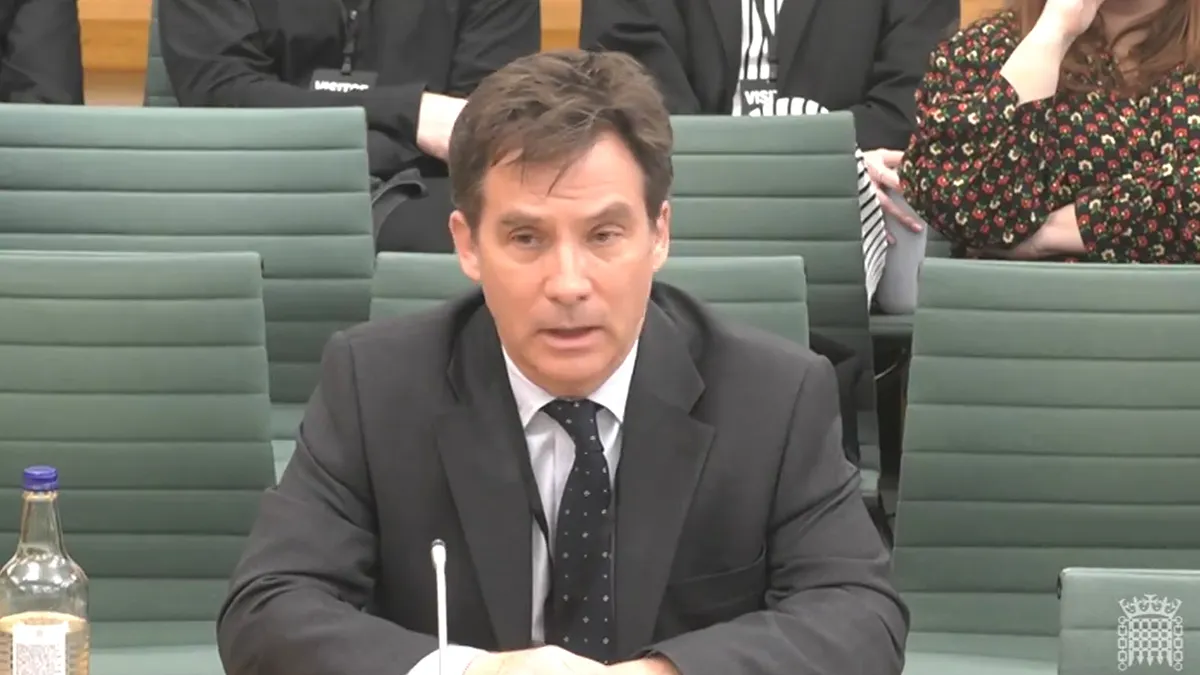
British director James Hawes spoke about British film and high-end television to the Culture, Media and Sport Committee at the Houses of Parliament, London. (House of Commons/PA Images via Getty Images)
He also expressed concern over the release of OpenAI’s text-to-video model Sora, which included several examples of AI-generated videos.
"The expert I was talking to said to me, ‘I thought this might happen in 18 months to two years, and suddenly it’s here.’ Again, it is text-generative, so somebody just types or speaks into a machine, ‘Give me a scene of a woman in Tokyo walking along a rainy street,’ and it produces it," Hawes said.
"It is not library footage assembled; it is digitally produced. It is not live-action perfect, but it is pretty damn close."
The television director, with credits like "Penny Dreadful" and "Snowpiercer" to his name, noted human creativity is still vital to the process.
CLICK HERE TO SIGN UP FOR THE ENTERTAINMENT NEWSLETTER
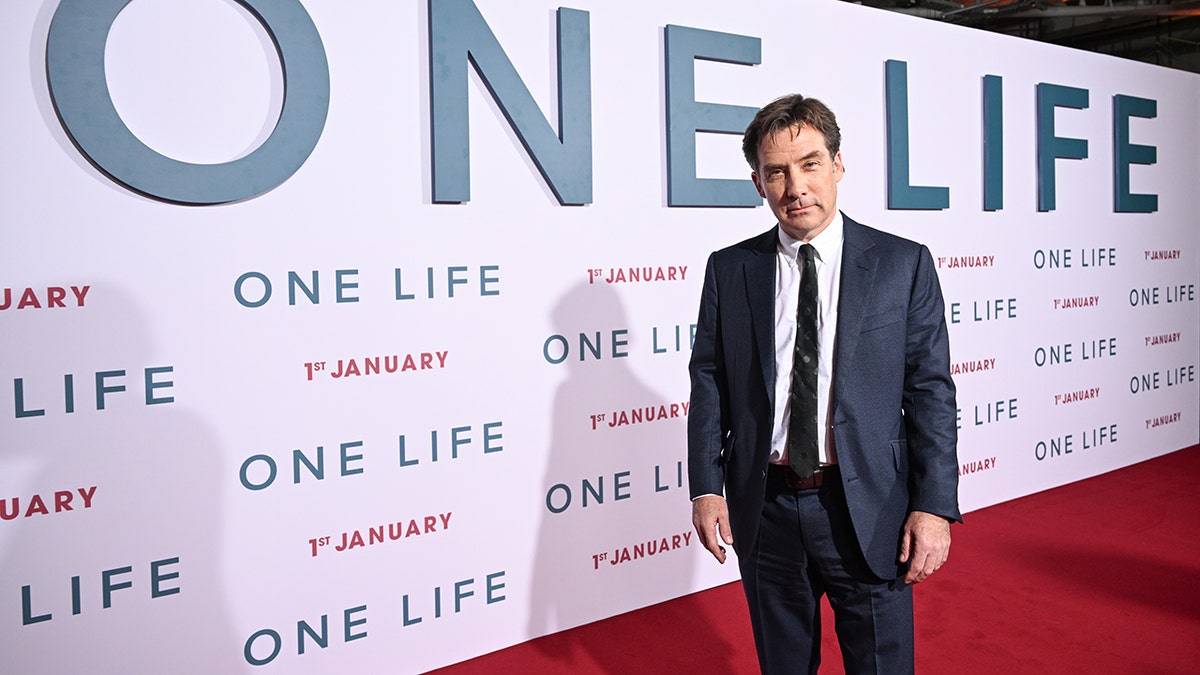
Hawes has directed TV shows like "Slow Horses" starring Gary Oldman for AppleTV+ and films like "One Life" starring Anthony Hopkins. (Jeff Spicer/Getty Images for Warner Bros)
He cited an example of working with Anthony Hopkins on their film "One Life," when the Oscar winner decided to play the piano on set during a break, and it ended up in the finished product.
"AI is not going to predict that. It is not going to invent that. It has not yet got the human soul, the human experience. That is why I think there will be twin tracks for a long time to come, and we will choose," Hawes said.
He concluded that AI is "inevitable," but humans will still play a key role in creativity.
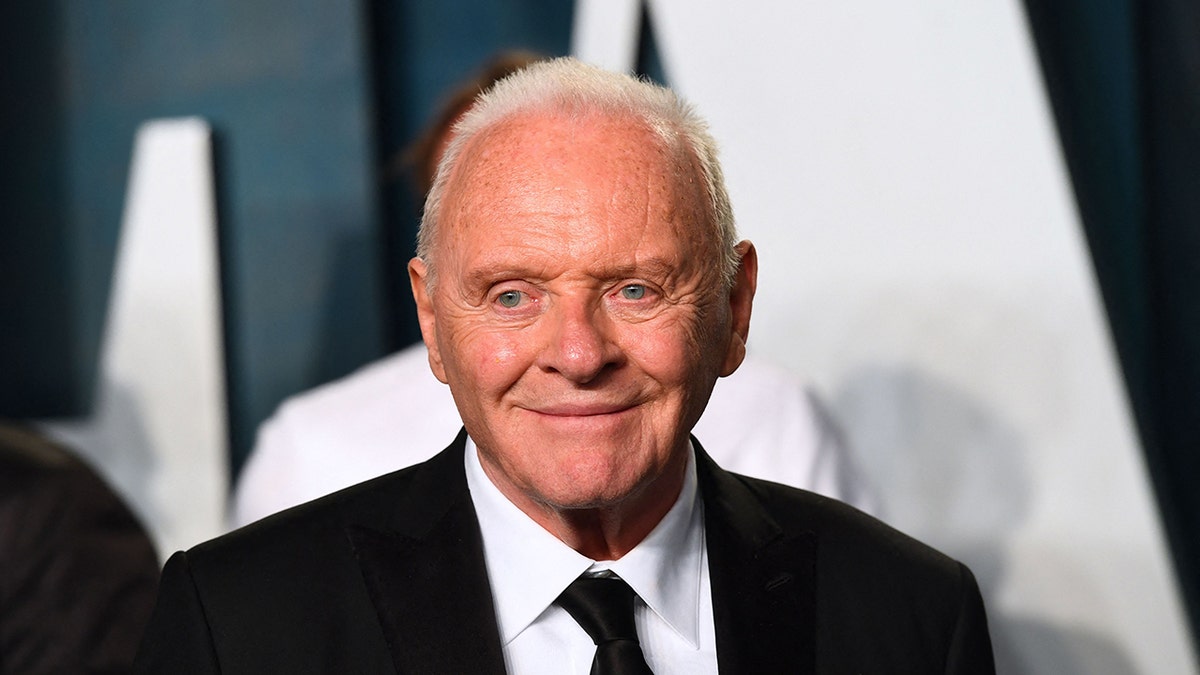
Hawes cited a spontaneous moment on set with Anthony Hopkins as proof human creativity will still be essential even with the rise of AI. (Patrick T. Fallon/AFP via Getty Images)
"I think we have to embrace it, harness it and learn what it can do for us," Hawes said. "I think there will continue to be humans telling stories, and I think humans must be at the heart of telling these stories. AI will need people to guide it, drive it and help shape those stories. It will be a storytelling tool. We will be able to create the rainy streets of Tokyo in a way that we could not before."
Hawes also encouraged the committee to support creatives in utilizing the technology.
LIKE WHAT YOU’RE READING? CLICK HERE FOR MORE ENTERTAINMENT NEWS
"We are behind at the moment. We need to be talking to some of those brilliant people in Soho. We need directors to be getting trained and enabled to understand it. We need writers and other creatives to be doing similarly. And that’s something that you guys can help with," he said.
However, Hawes also wanted the U.K. industry to secure the kinds of protections the actors and writers guild in the United States achieved last summer during the dual strikes.
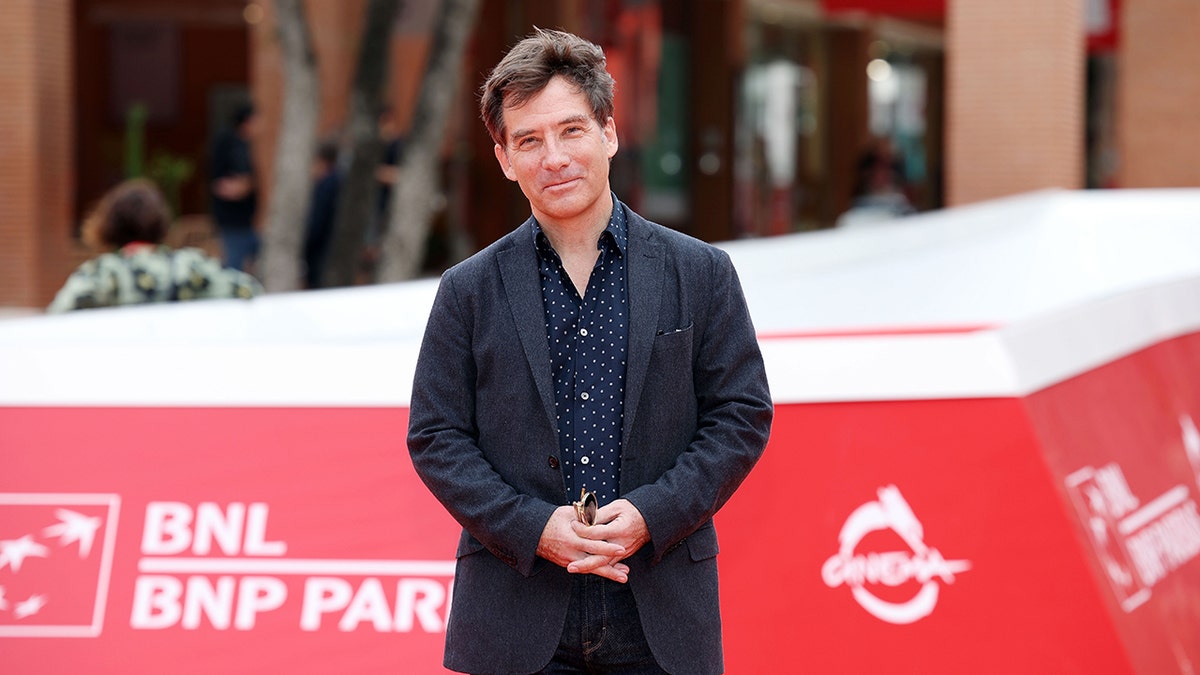
Hawes urged the committee to improve training in AI technology for creatives but also sought protections similar to those won by the writers and actors guilds in the U.S. (Daniele Venturelli/WireImage)
CLICK HERE TO GET THE FOX NEWS APP
"What is currently happening there with the unions, straight off the back of the strikes, is looking at the protections. For instance, the DGA [Directors Guild of America] has an ongoing conversation with the studios, sitting down every few months and seeing where it is now and what needs to be changed in the drafting. A lot of this will come down to the drafting of the agreements — how we protect an actor’s performance," Hawes said.
The Culture, Media and Sport Committee in the House of Commons has been meeting for the past several months to "examine the current challenges faced by the British film and high-end television industry," according to the U.K. parliament’s website.
"It will examine issues around skills and retention in the industry and what needs to be done to ensure the sector can adapt to challenges such as the rise of artificial intelligence."









